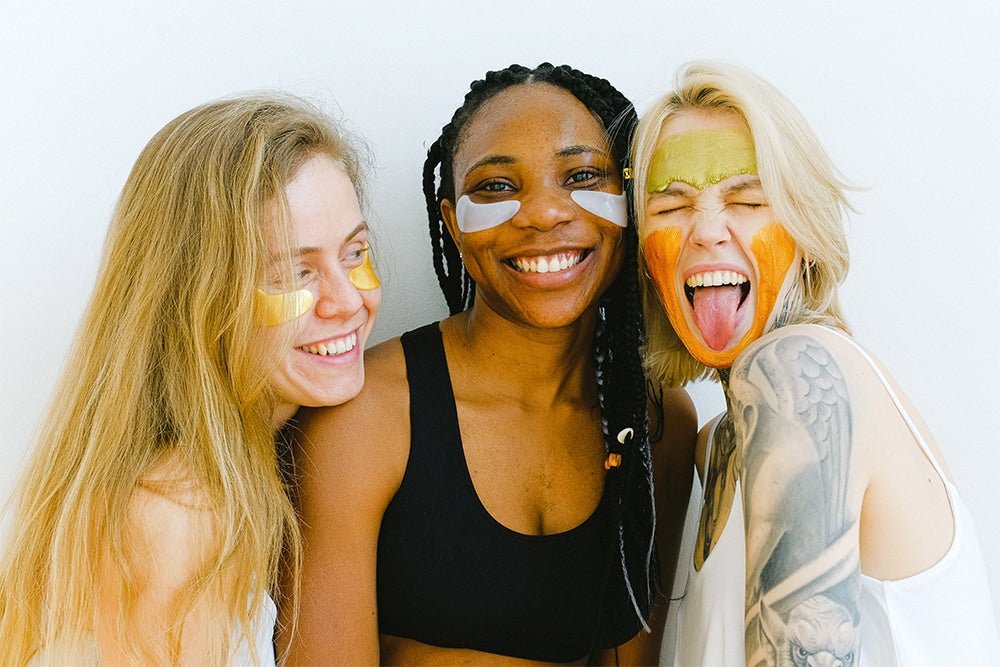What is the Difference between Retinoid and Retinol
Retinol and a retinoid are two very different substances that you can find in different creams and serums. Both are added to topical products as they can then permeate the skin and then can start helping the skin recover from signs of aging. However, despite sounding similar, retinoid and retinol can be very different. Retinoid is more of an umbrella term that refers to people that refer to all derivatives of Vitamin A. It does not include any specific types of Vitamin A, so most will use it as a general term when talking about it. On the other hand, retinol refers to a type of retinoid that you can find in nearly all over-the-counter creams and other topical products. In fact, if a product does not explicitly say that it contains retinol and instead says that it contains the retinoid, then it is very likely that the product contains a higher concentration of retinoid. A good example to look at is the Zo Retinol Skin Brightener 1%, which only contains retinol in the purest form that the FDA can permit before it becomes too concentrated. Many of our beauty experts prefer using products that contain retinol instead of other derivatives like tretinoin. It can be much easier for the skin to tolerate and has less chance of producing redness and dryness on the skin.Who Best Benefits from Using Retinol
 This vitamin A derivative can be very beneficial to use as it helps with a multitude of conditions that could affect the skin. People who are experiencing mild acne or want an effective way to treat their dark spots can use products that include retinol.
People who also want to deal with their fine lines, wrinkles, and other forms of aging should also use retinol. It can make its way past the outer layer of the skin and into the deeper layers of the dermis. When it reaches the deeper layers of your skin, you can start to feel the retinol start to work its magic. It can start to neutralize the free radicals there and help increase the production of collagen and elastin in the skin.
The result of the increased elastin and collagen is that the skin starts looking younger, and it is even able to help repair damage to the skin.
This vitamin A derivative can be very beneficial to use as it helps with a multitude of conditions that could affect the skin. People who are experiencing mild acne or want an effective way to treat their dark spots can use products that include retinol.
People who also want to deal with their fine lines, wrinkles, and other forms of aging should also use retinol. It can make its way past the outer layer of the skin and into the deeper layers of the dermis. When it reaches the deeper layers of your skin, you can start to feel the retinol start to work its magic. It can start to neutralize the free radicals there and help increase the production of collagen and elastin in the skin.
The result of the increased elastin and collagen is that the skin starts looking younger, and it is even able to help repair damage to the skin.
What is the Best Age to Start Using Retinols?
There is no specific age when you should start using retinol for your skin. Along with there being no specific rules for how old you should be, there is no specific way that you should use it either. If you want something that can help with acne, then you want to use a retinol cream to help. Our beauty experts also recommend that you should you use these creams preemptively to avoid any future wrinkles or fine lines. In that case, they would recommend that you should start in your mid-20s since that is usually when more apparent signs of aging start to show. So by using it then, you can significantly reduce signs of aging on your face. The FDA also allows girls under 12 to use retinol, but many of our beauty professionals would advise against it. Since the skin of younger girls happens to be more sensitive, it could lead to a slew of side effects.